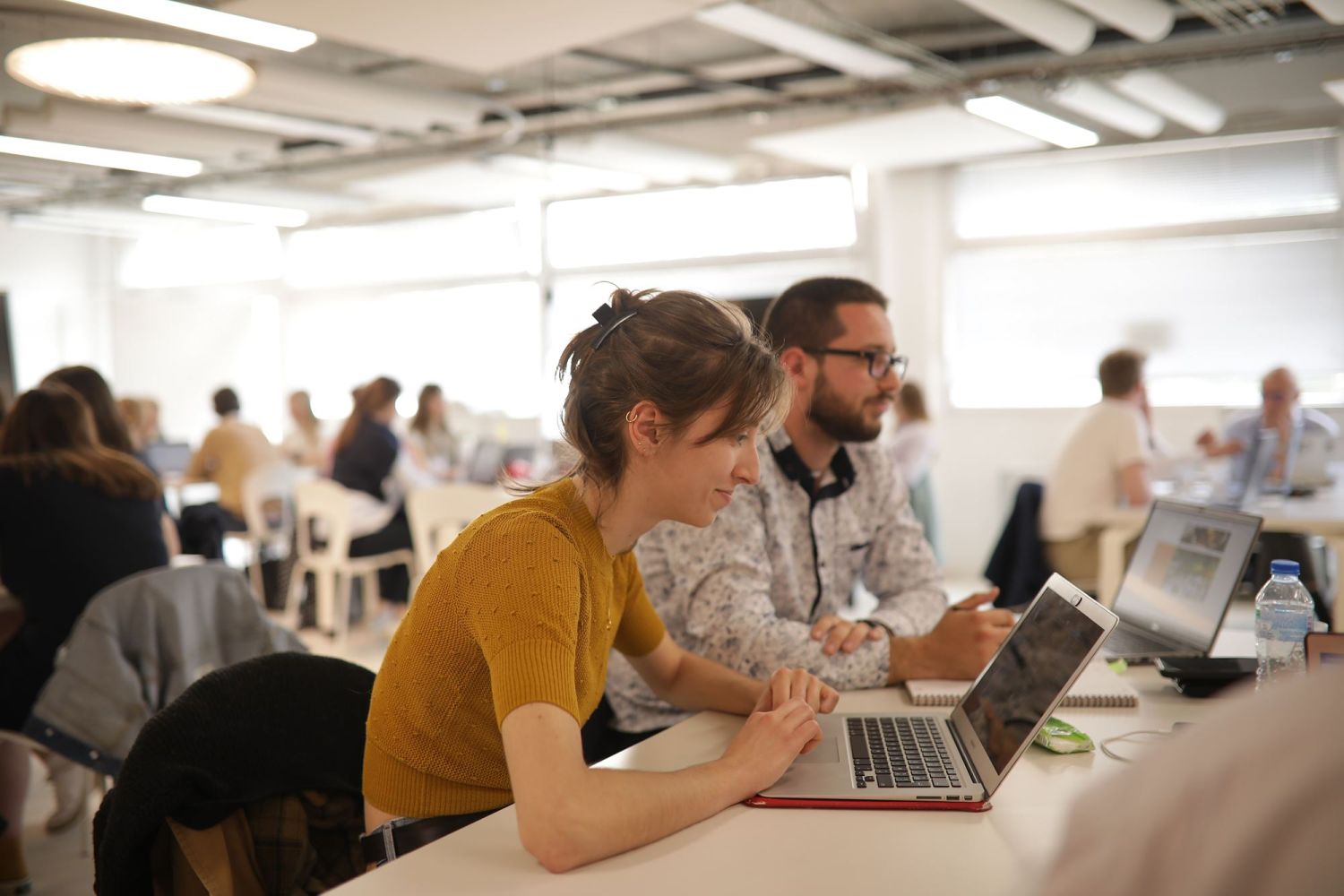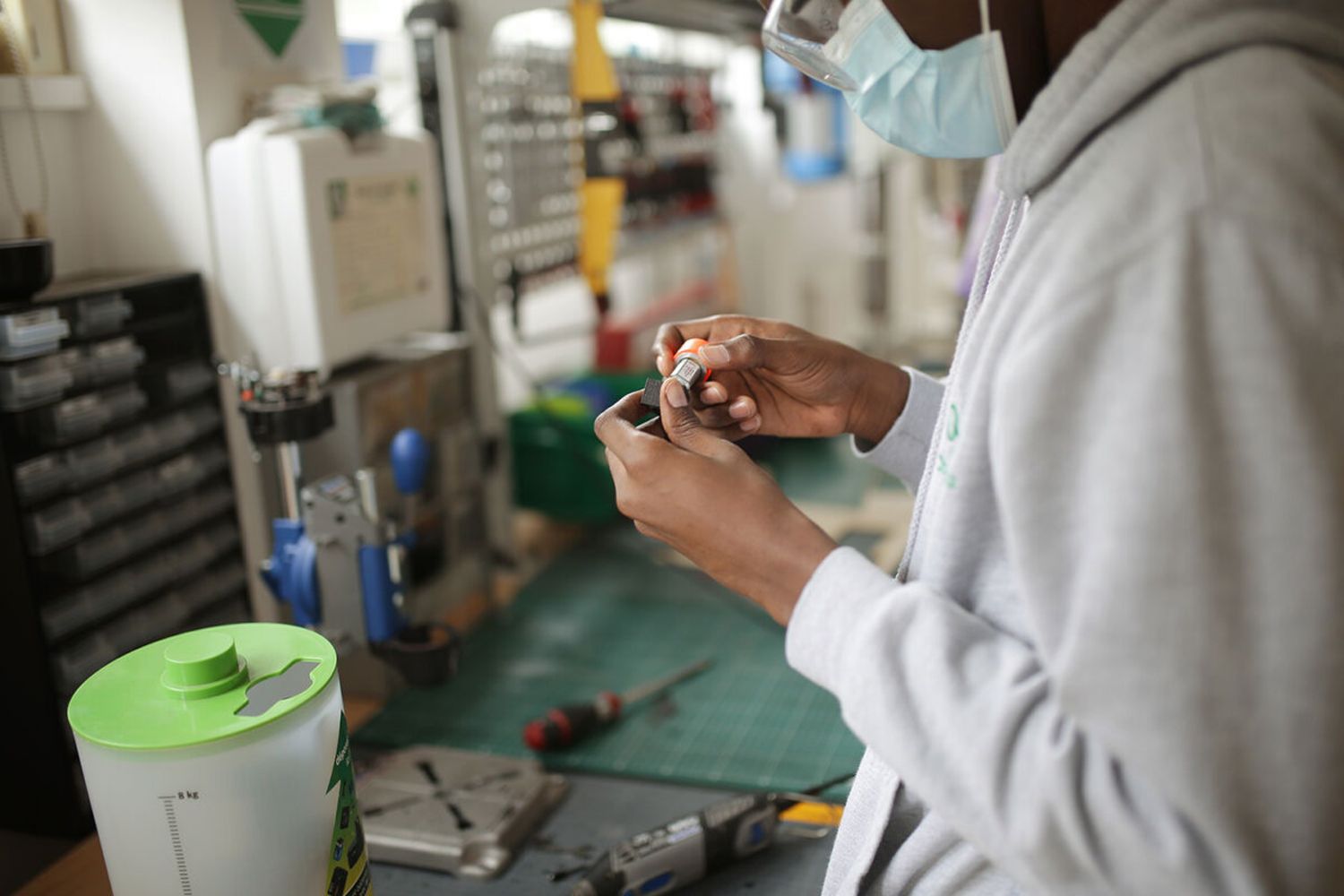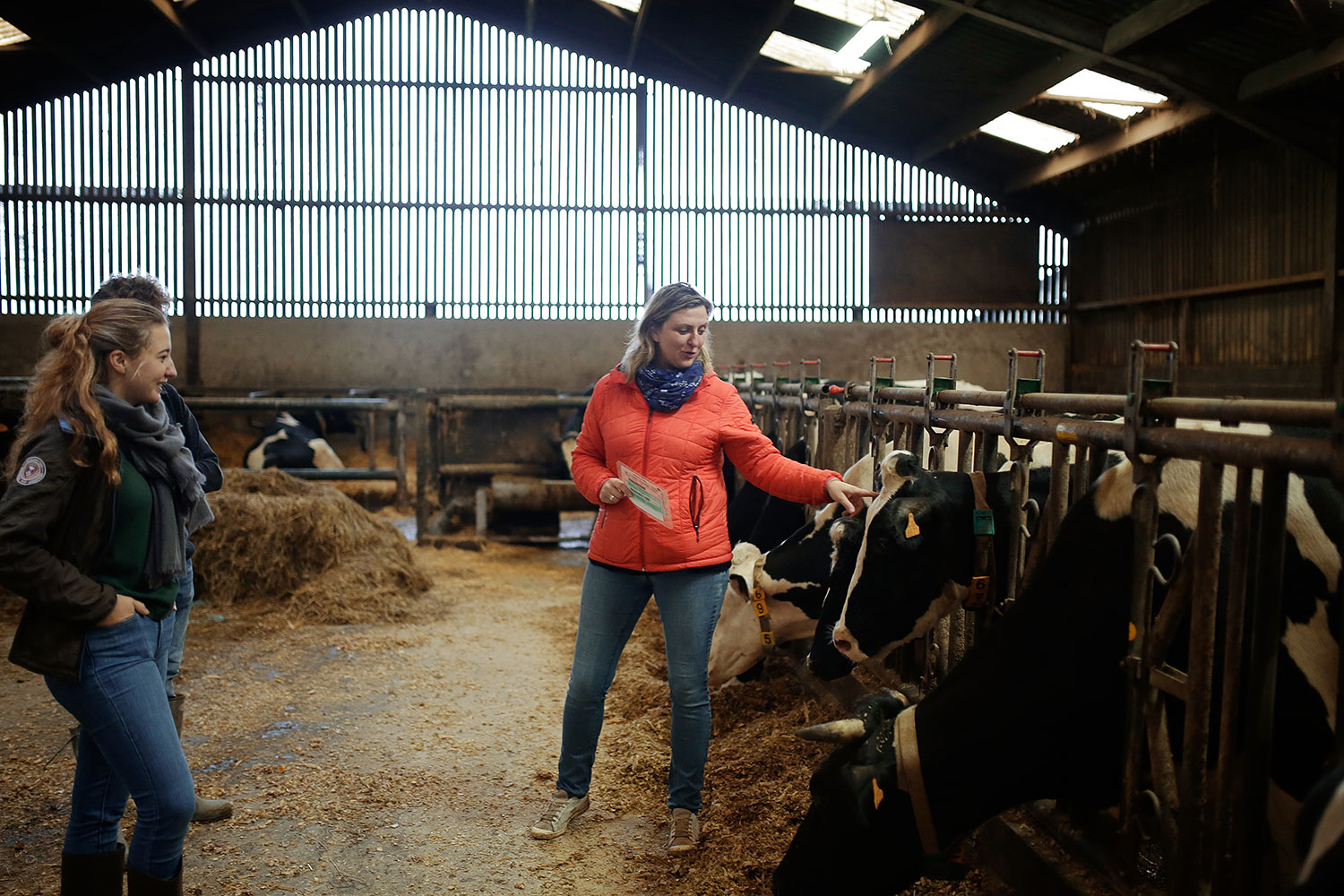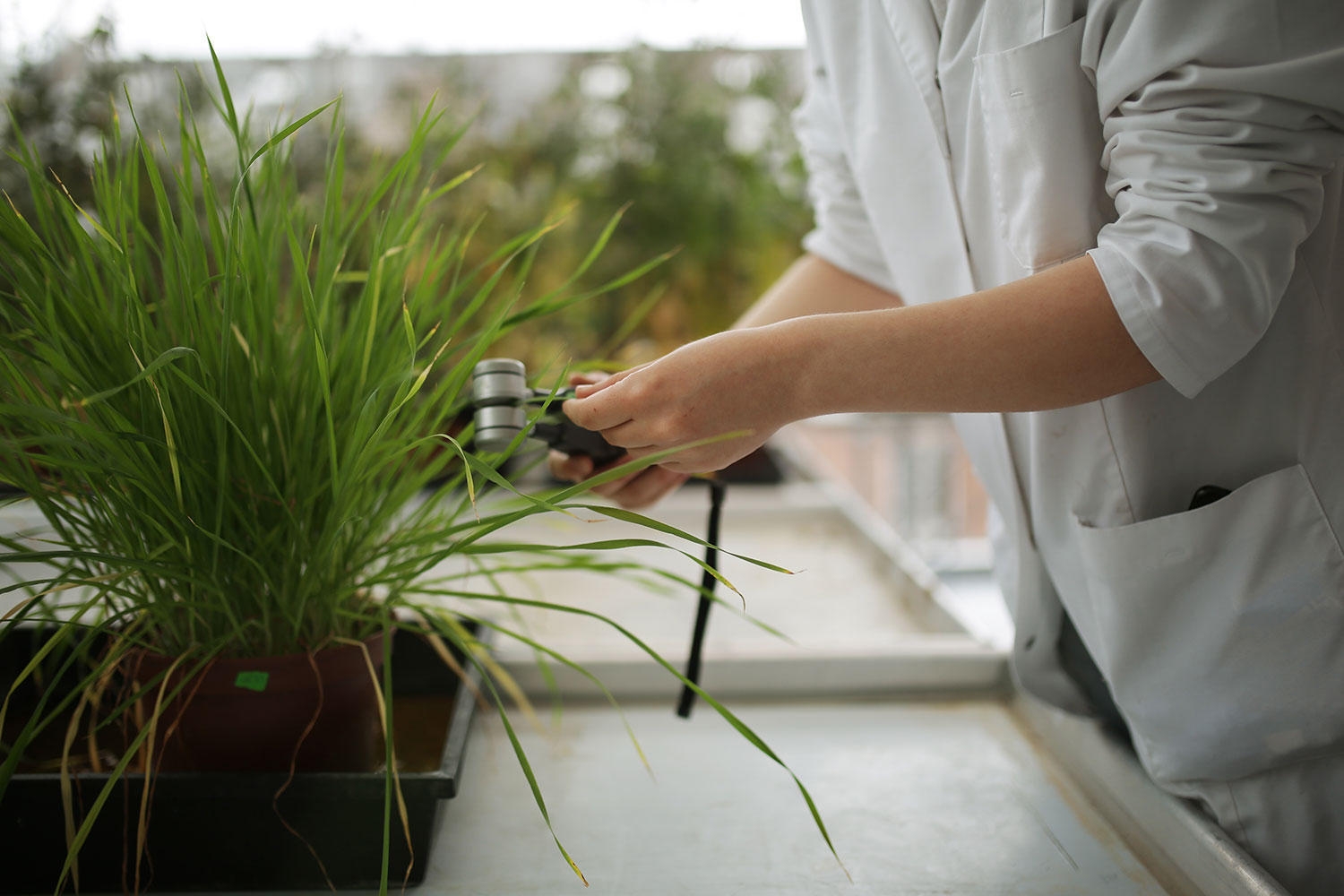
Master of Science in Smart and Resilient Cities
The program trains students to develop urban areas by integrating energy efficiency, new technologies and environmental planning, to enable future professionals to be involved in the conception of multi-disciplinary city projects by developing a holistic approach and blending together technology and social parameters. Our program is combining architecture, engineering and technical expertise.
Duration
2 years
Starting Date
September, 1st 2024
Application Deadline
May, 15th 2024
Tuition Fee
€ 9,000/year
Location
Lille, France
Objectives
Our cross-disciplinary faculty, guest speakers and different immersive learning methods will stimulate creativity and the necessary problem-solving skills for designing cities in a ever changing world.
During the two-year program students deepen their knowledge of technical, social and economic aspects on:
Sustainable urbanism: Understand the sociology of urban development, protocols and accords; urban Planning and land use, urban projects; history of urban development, dynamic and multidisciplinary approach of eco-districts.
Building sciences: Develop skills to perform building energy audits, diagnostics, climatic engineering, and modelization, energy requirements and building renovation.
Innovation in an urban context: Master the tools, concepts, advantages and limits of project management and implementation, collective intelligence and collaborative projects, project organizational dynamics, computer assisted decision making and Building Information Modelling.
Tools for engineering management: Innovation management, Team management and Project management
Our Smart and Resilient Cities program is built on project-based learning, active teaching methods and learning-by-doing. Studio workshops are proposed on a real site with the associated actors (1 studio/year). The students will propose and design eco-districts and buildings, taking into account environmental issues, integration and context (social, economic, landscape), and architectural quality in a broad sense.
All along the 2 years, the students will benefit from the active learning approach of the program: field trips, site visits & study tours, group projects supervised by professionals from the industry, practicals in Innovation learning centers, flipped classrooms & serious games.
Students will participate in an intensive international learning trip to discover innovative ecosystems in cities such as Montreal, Barcelona, Nice… From its ideal location at the heart of Europe, the Smart and Resilient Cities Program will integrate exploration trips from Lille to other European cities.
With our hands-on approach and piecemeal training options, students gain real world experience and the power to decide how to build their own expertise.
Semester-long team projects are an integral part of the curriculum. One day a week is dedicated to group projects in collaboration with a professional expert, partner company, or research institute and supervised by a professor.
Students spend 40% of the program immersed in real professional experience: lectures given by professionals from the sector, site visits, and 2 compulsory internship periods are included in the program. These internships, carried out either in France or abroad, in a company or a laboratory, expose students to the reality of working in the field and on research and prepare them for entry into the global workforce.
Careers
The Smart and Resilient Cities master has an outstanding faculty and regularly provides lectures from some of the best professionals and companies of the sector – as well as many opportunities to interact with important companies.
In addition to exceptional technical knowledge and managerial skills, JUNIA ISEN graduates are prepared for the reality of the professional world even before they get their diploma, which is why 100% of JUNIA ISEN alumni are employed within 6 months of graduating.
With a network of more than 26,000 graduates, JUNIA alumni around the world work for some of the biggest names in electronics and digital technology or join and create their own startups thanks to the entrepreneurial mindset cultivated at JUNIA.
Courses Included
- Studio
- Innovation & the city
- Green building & new spaces
- Environmental Urban design
- Smart & sustainable Mobility
- Communication & corporated tools
- Smart energy
- Connected city
- Major Urban Challenges
- Governability & New Business model for the city
- Low carbon & Sustainable city
- Project YES Innovation
What is the admission process for this program?
- Minimum Bachelor’s Degree (or equivalent) in the field of Engineering in Architecture or Urban Planning
- English B2 level certified by an official test (IELTS, TOEIC, TOEFL IBT or FIRST), except students from countries where English is an official language
- French is NOT required for admission to English-taught programs, but is highly recommended
You must bring your own computer when you arrive at JUNIA as we do not have computers to borrow.








